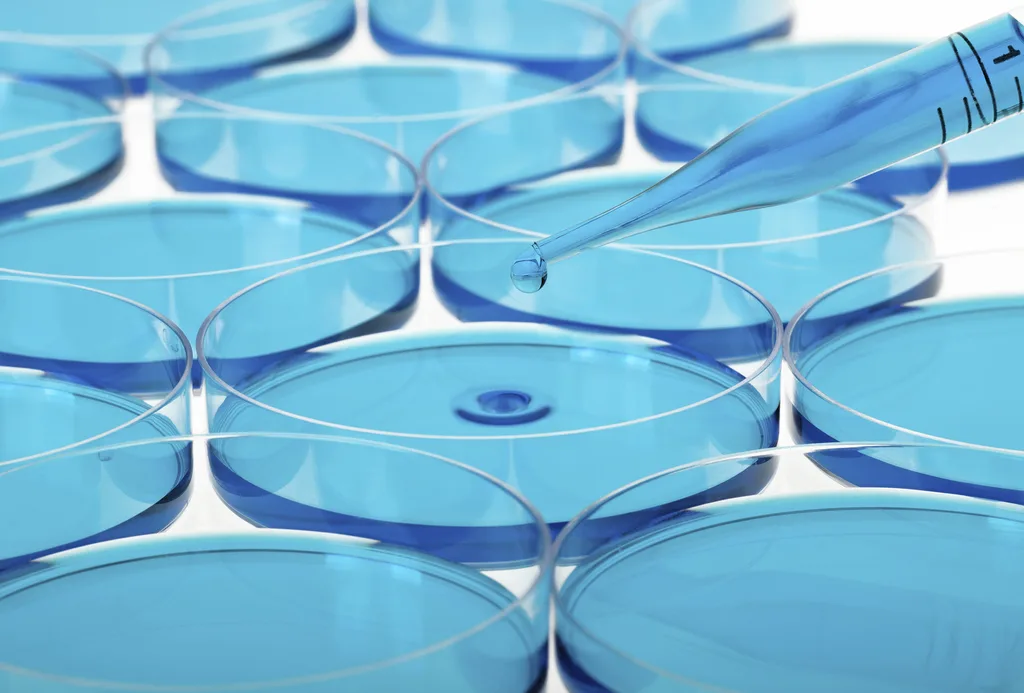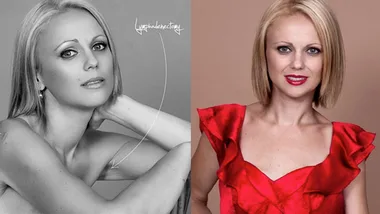Researchers from Sydney’s Garvan Institute of Medical Research have found it might be possible to stop the most aggressive forms of breast cancer by “switching off” the gene that drives it.
Further, the man who led the research, Dr Alex Swarbrick, believes that in switching off the gene, the cancer might transform from an aggressive, lethal type to a more benign and treatable form.
Dr Swarbrick’s team identified a gene known as ID4 – inhibitor of differentiation 4 – which appears to not only “mark” the most aggressive forms of breast cancer but also to control it.
Most breast cancer tumours require the hormones progesterone or oestrogen or a protein called HER2 in order for cells to multiply but these can be effectively treated with drug therapy.
However, another subsection of breast cancers – the triple-negative cancers – do not have these three elements and resist treatment with targeted drugs such as tamoxifen and Herceptin, the most widely used and effective breast cancer drugs.
Instead, triple negative breast cancers, which occur in 15 per cent of cases, are treated with broad-based chemotherapy and radiotherapy but prognosis is poor with around half of all triple-negative patients dying within three to five years of diagnosis, regardless of treatment.
Using DNA from 80 triple-negative cancer patients, the research team found that their tumours produced a lot of ID4. Using mice, whose mammary glands develop in a similar way to humans, Alex and his team were able through genetic manipulation to “switch off” the ID4 gene in medically induced cancer tumours.

The tumours stopped growing and other genes were “turned on”, including the important “oestrogen receptor3” found in best-prognosis cancers that can be treated with drugs such as tamoxifin.
”What has confounded us in the past is that if you take any 100 women with triple negative breast cancer you know that 60 per cent of them with live out their lives without recurrence, but you also know that 40 per cent will have a recurrence within three to five years. The problem is that we have had no way to know which is which,” says Dr Swarbrick.
“This study tells us that triple-negative breast cancers can be split into at least two categories and maybe more and that by studying those categories separately we may discover particular vulnerabilities in these cancers. What we have also learned is that ID4 makes these aggressive cancers tick and that gives us a chance to perhaps develop targeted treatment for those women.”
Dr Swarbrick stresses that his findings are still hypothetical at this stage. “We showed it using experimental models,” he says. “to show it works in humans is another matter but it gives us a chance to ask, can we make a drug that actually blocks ID4 in humans,” he says. “Cancer is a disease that is defined by what we don’t know about it and I think perhaps these findings take us a small step closer to finding some of those missing pieces.”
Dr Swarbrick and his team are now working to see whether tamoxifen works on the transformed tumours.
To contribute to The Garvan Institute of Medical Research go to www.garvan.org.au/.



